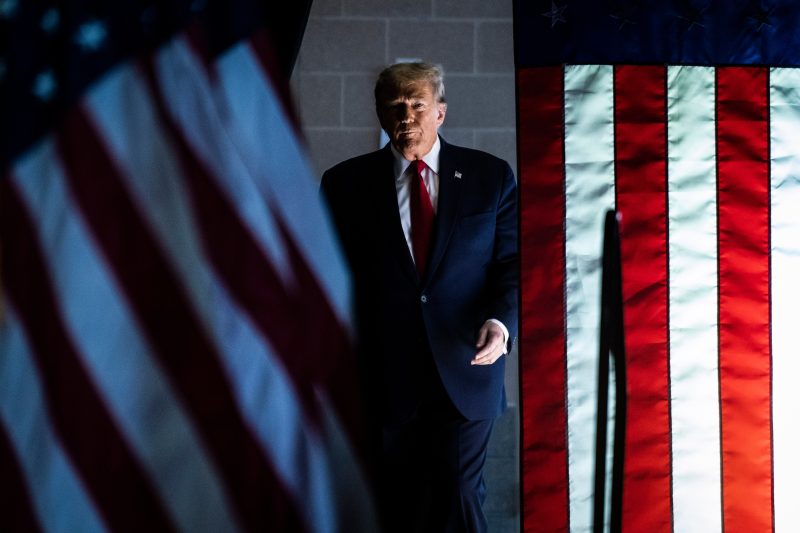In the fast-paced and constantly evolving landscape of politics and law, the relationship between the executive branch and the judiciary plays a critical role in shaping the course of governance and policies in a country. The recent developments surrounding former President Donald Trump’s discontent with the courts shed light on the delicate balance of power and trust that underpins the functioning of a democracy.
Trump’s vocal expressions of frustration and anger towards the courts following his defeat in the 2020 presidential election could have far-reaching implications not only for his personal reputation but also for the broader dynamics within the legal and political spheres. While disagreements and clashes between the executive and judicial branches are not uncommon in any democracy, the intensity and public nature of Trump’s outbursts risk further undermining the already strained relationships between these key institutions.
One of the primary concerns arising from Trump’s confrontational stance towards the courts is the potential erosion of public confidence in the judiciary. As a former president who commanded a significant following and influence, Trump’s criticisms of judicial decisions may resonate with his supporters, leading to a broader skepticism of the judiciary’s impartiality and independence. This skepticism could weaken the foundation of the rule of law and judicial legitimacy, which are vital for upholding democracy and protecting individual rights.
Moreover, Trump’s attacks on specific judges and courts could have a chilling effect on the judiciary, causing judges to second-guess their decisions out of fear of retribution or public backlash. Judicial independence is a cornerstone of democratic governance, ensuring that judges can uphold the law and protect individual rights without undue influence or pressure from other branches of government. By undermining the perceived independence of the judiciary, Trump’s actions threaten to upend the delicate balance of power that sustains the rule of law and constitutional order.
In addition to the erosion of public trust and judicial independence, Trump’s contentious approach towards the courts could also have long-term implications for how future presidents interact with the judiciary. The precedent set by Trump in openly criticizing court decisions and questioning the legitimacy of judges could embolden future leaders to adopt a similarly adversarial posture, further straining the relationships between branches of government and undermining the smooth functioning of the democratic system.
Moving forward, it is crucial for political leaders, legal experts, and the public to reflect on the lessons of Trump’s tumultuous relationship with the courts and work towards safeguarding the integrity and independence of the judiciary. Strengthening mechanisms for accountability, fostering a culture of respect for the rule of law, and promoting transparency in judicial processes are essential steps in preserving the crucial role of the judiciary in upholding democracy and ensuring justice for all.
In conclusion, Trump’s anger at the courts and his frayed alliances with the judiciary highlight the complex dynamics at play in the intersection of politics and law. By recognizing the implications of his actions and taking proactive measures to reinforce the foundations of judicial independence and public trust, we can mitigate the potential risks posed by contentious relationships between branches of government and uphold the principles of democracy that are essential for a just and equitable society.



























